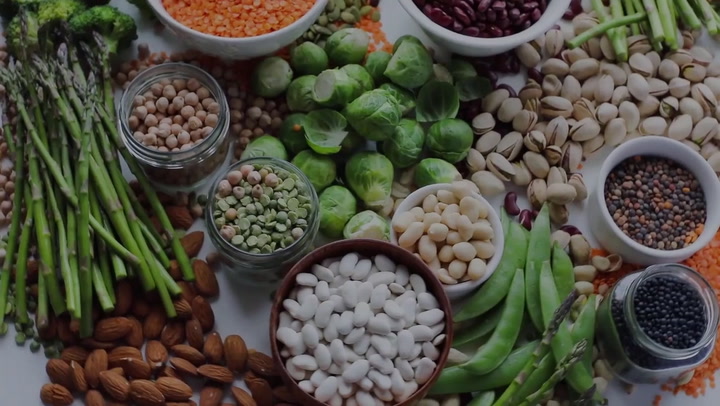Https://wellhealthorganic.com/vegetarian-protein-sources
In recent years, there has been a significant shift towards plant-based diets for various reasons, including health benefits, environmental concerns, and ethical considerations. As a result, many individuals are seeking alternative sources of protein to meet their nutritional needs without relying on animal products. Fortunately, there is a wide array of vegetarian protein sources available, each offering unique health benefits and culinary versatility.
Legumes:
Legumes, such as beans, lentils, and chickpeas, are excellent sources of protein for vegetarians. They are also rich in fiber, vitamins, and minerals, making them a nutritious addition to any diet. Beans, in particular, come in a variety of types, including black beans, kidney beans, and pinto beans, each offering its own distinct flavor and texture. Lentils are another versatile legume that can be used in soups, salads, and curries, providing a hearty dose of protein and essential nutrients.
Quinoa:
Quinoa is often referred to as a “superfood” due to its impressive nutritional profile. Not only is quinoa a complete protein, containing all nine essential amino acids, but it is also rich in fiber, iron, magnesium, and antioxidants. This ancient grain can be cooked and enjoyed on its own or used as a base for salads, stir-fries, and pilafs, making it a versatile addition to any vegetarian diet.
Tofu and Tempeh:
Tofu and tempeh are soy-based products that are popular among vegetarians and vegans alike. Tofu, made from soybean curds, is a versatile ingredient that can be grilled, stir-fried, or blended into smoothies for added protein. Tempeh, on the other hand, is made from fermented soybeans and has a nutty flavor and firm texture, making it an excellent meat substitute in sandwiches, stir-fries, and salads.
Nuts and Seeds:
Nuts and seeds are nutrient-dense foods that are packed with protein, healthy fats, vitamins, and minerals. Almonds, walnuts, and peanuts are all excellent sources of protein, while chia seeds, flaxseeds, and hemp seeds provide a concentrated dose of plant-based protein and omega-3 fatty acids. These versatile ingredients can be enjoyed on their own as snacks, added to salads and oatmeal, or used to make homemade energy bars and nut butters.
Dairy Alternatives:
For those who include dairy in their diet, there are several vegetarian sources of protein to choose from. Greek yogurt, cottage cheese, and kefir are all high in protein and probiotics, which support digestive health. Additionally, plant-based milk alternatives, such as almond milk, soy milk, and oat milk, are fortified with calcium and vitamin D and can be used in place of cow’s milk in recipes and beverages.
Conclusion:
In conclusion, there is no shortage of vegetarian protein sources available to those who choose to follow a plant-based diet. From legumes and grains to tofu and nuts, there are plenty of delicious and nutritious options to suit every taste and dietary preference. By incorporating a variety of these protein-rich foods into their meals, vegetarians can ensure that they are meeting their nutritional needs while enjoying a diverse and satisfying diet.

